Not Much More than Magic in 'Maestro'
In 'Maestro,' we're left with an impression but not with an understanding of the main character.
Incluvie Foundation Gala - Learn More
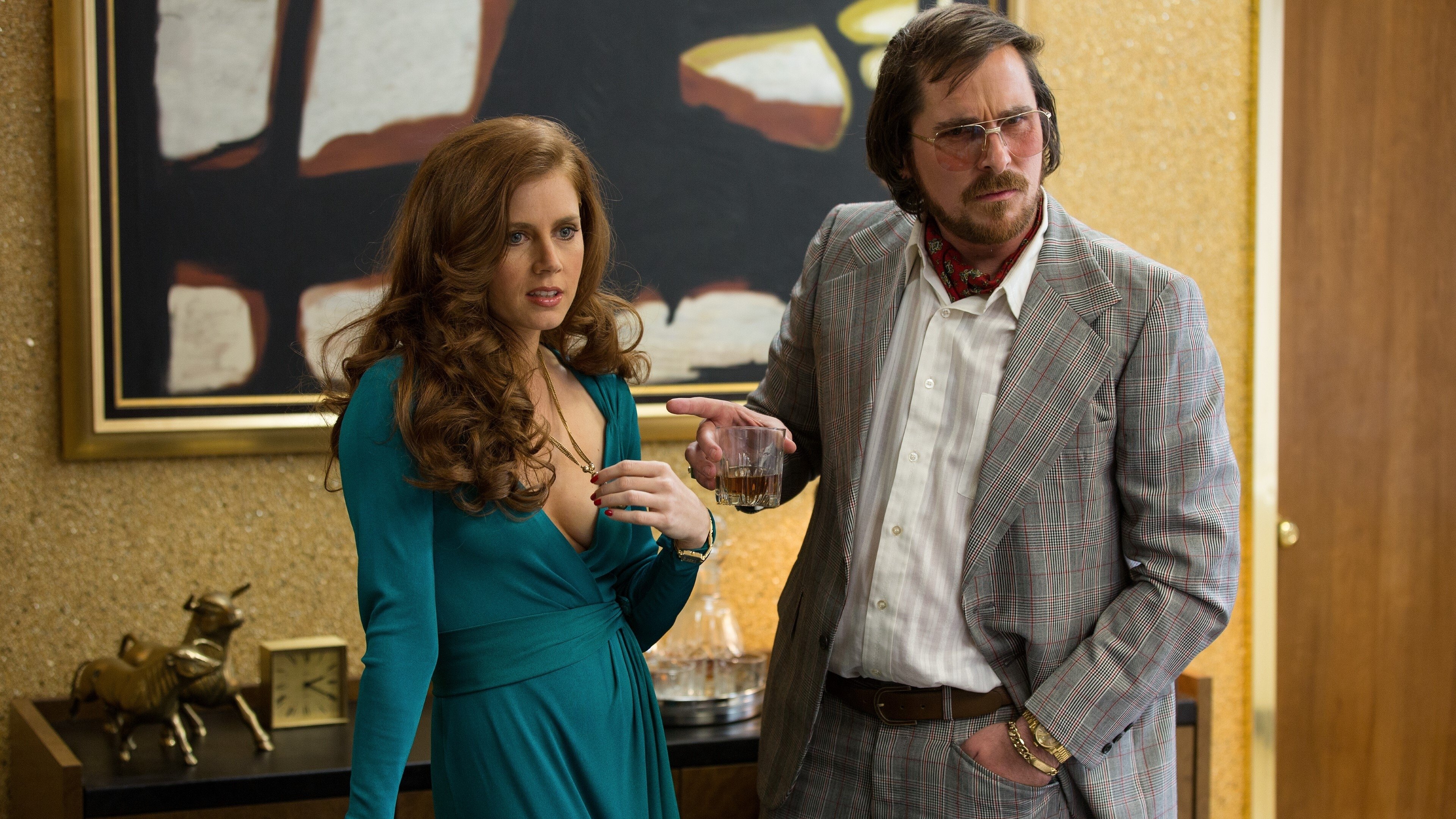

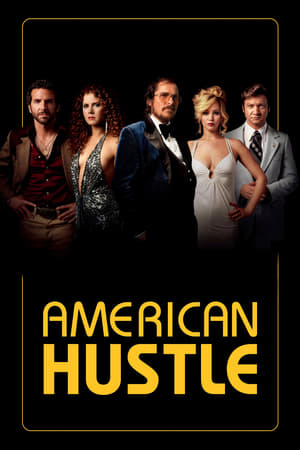


Amsterdam was a gamble. David O. Russell is a talented filmmaker, but he rarely brings in big box office numbers. The camera moves effectively in the film and the set design combined with the visual effects make for a beautifully accurate rendering of 1930s New York City. He also packed the movie with a star-studded cast including Margot Robbie, Christian Bale, and Taylor Swift. But nothing could save the fate of this long-delayed production.
According to IMDB, the film cost $80 million, but only had a domestic return of roughly $15 million dollars. New Regency financed the film and is expected to lose $100 million on the project. Much of this is because the movie suffered from production delays due to COVID, with filming moved from Boston to Los Angeles due to pandemic concerns. This relocation jacked up the movie’s budget by $30 million dollars alone.
“A lot of this really happened” reads the text at the start of the film. A similar line appears at the beginning of Russell’s American Hustle. Russell is preparing his audience for something outrageous or a story that’s too zany to be true. It’s a great and tantalizing way to reel in the viewer whether the movie delivers or not.
The film follows three friends: Burt Berendsen(Christian Bale), Valerie Voze (Margot Robbie), and Harold Woodsman (John David Washington), who form a close bond in Amsterdam in the late 1910s. Burt and Harold are World War I soldiers injured in battle. Valerie is the nurse that tended to them. We fast forward to New York in the early 1930s. Burt is a doctor while Harold is a lawyer. Neither has seen Valerie since their time abroad. Harold asks Burt to perform an autopsy on their recently deceased former commander Bill Meekins. Meekins’ daughter Elizabeth, played by Taylor Swift, believes her father was murdered. During the examination, Harold discovers poison in Meekins' system. Harold and Burt go to Elizabeth to share their findings. It is during this encounter that Elizabeth gets pushed into the street, run over by a car and killed. Harold and Burt are framed for the murder and flee the scene.
In their quest to prove their innocence and uncover the murder plot, Harold and Burt meet with Tom Voze (Rami Malek) who is in fact Valerie’s brother. Valerie is under the care of Tom for an apparent nervous condition.
For those who don’t know, Jennifer Lawrence began her film career through Indie films. Her first role in a film was in the 2008 feature Garden Party. In the same year, she appeared in The Burning Plain with Kim Basinger and Charlize Theron. Her first leading role also came in 2008, in The Poker House. Her follow-up to that came two years later in Winter’s Bone, in which she gave one of her best performances and I would say one could have predicted she would win an Oscar in another two years if they saw it back in 2010. But before that Oscar, she joined the X-Men franchise in 2011 through X-Men: First Class as Raven and then The Hunger Games in 2012 as the protagonist Katniss Everdeen herself! Be it for portraying those widely popular characters, or for her Oscar in 2013 for Silver Linings Playbook, she became the household name she is today within five years of her film debut. And since then, with the exception of mother! in 2017, she’s only appeared in big-budget productions like American Hustle, Hunger Games: Mockingjay Parts 1 & 2, X-Men: Apocalypse, Passengers, Red Sparrow and Don’t Look Up, to name a few. So when the Causeway trailer was released, I got very excited to learn that it’s an independent film! It felt like a possible return to her roots. I watched it the day it became available and let me tell you, it blew me away. It’s been over ten years since The Beaver and I feel like the wait was worth it. It’s also her first appearance in a film distributed by A24 studios, and now that I’ve seen it, I can’t help but wonder what took so long. Lawrence delivers one of her best performances ever in Causeway and is hopefully back to doing full-time what she started her career with – delivering emotional performances in indie features. I’m tempted to say welcome back, Jennifer!
Causeway tells the story of Lynsey (Jennifer Lawrence), a military engineer who was in an accident in a war zone which left her with a brain injury. She’s forced to return home from her post due to the injury. The film starts with her stay in a rehabilitation center for a while where she recuperates and regains control of her limbs and memory. It then continues to show us how she adapts to life back home in the suburbs while waiting for her redeployment. On the very first day back, she ends up totalling her car and has to take it to a garage for repairs. There she meets the main mechanic James (Brian Tyree Henry) and through the course of the film, they develop a bond. It starts with James doing her favors while her car is in the shop, but soon they start hanging out just because they enjoy each other’s company. Causeway is a story about the tender emotional core inside every human being and how psychological trauma stops us from connecting with it. It’s not a negative film by any standards though, because both James and Lynsey’s stories are about how creating comfort zones for each other affords them the space to begin the journey of healing that helps them reconnect with themselves.
The first few minutes of the film show how an elderly caregiver at a rehabilitation center helps Lynsey recover her physical and mental mobility. She is the owner of the place and has been doing this for some time. The scenes depict Lynsey’s struggle to do basic things like take off a shirt or get off a toilet seat and they’re not easy to watch. Jennifer Lawrence’s portrayal of disability is very raw and director Lila Neugebauer (director of the limited series Maid) gives her ample space to depict the difficulties that Lynsey faces. Lawrence shows incredible restraint in her performance as Lynsey slowly gains control of her body and her movements go from frozen or non-existent to stilted and finally to smooth. It’s more or less around the time when she becomes physically capable enough to leave the rehab center and go back to her hometown that the depiction of Lynsey’s psychological trauma takes center stage. Lawrence is very subtle and composed in her performance from there on. There are visual cues in the body language and facial expressions that hint at how Lynsey feels disconnected from her immediate surroundings. There’s a fine line between a bad expressionless performance and a subtly nuanced performance and Jennifer dances around that line. Lila has given her enough scenes with just her on screen, and Jennifer uses that space to introduce us to Lynsey’s world of emotionlessness. Her interactions are short, she barely gives away information about herself and she has a strained relationship with her mother. The last one may not be a consequence of her trauma, but her poor mental health definitely contributes to the way she keeps everyone at a distance and gets exhausted after any kind of social activity. A large portion of Causeway is just Lawrence sitting with an apparently blank expression staring into the distance. The time afforded to these scenes help the mind fill in the spaces and makes the world feel habitable. It also makes Lynsey and her trauma more accessible.

A conman and his seductive partner are forced to work for a wild FBI agent, who pushes them into a world of Jersey power-brokers and the Mafia.
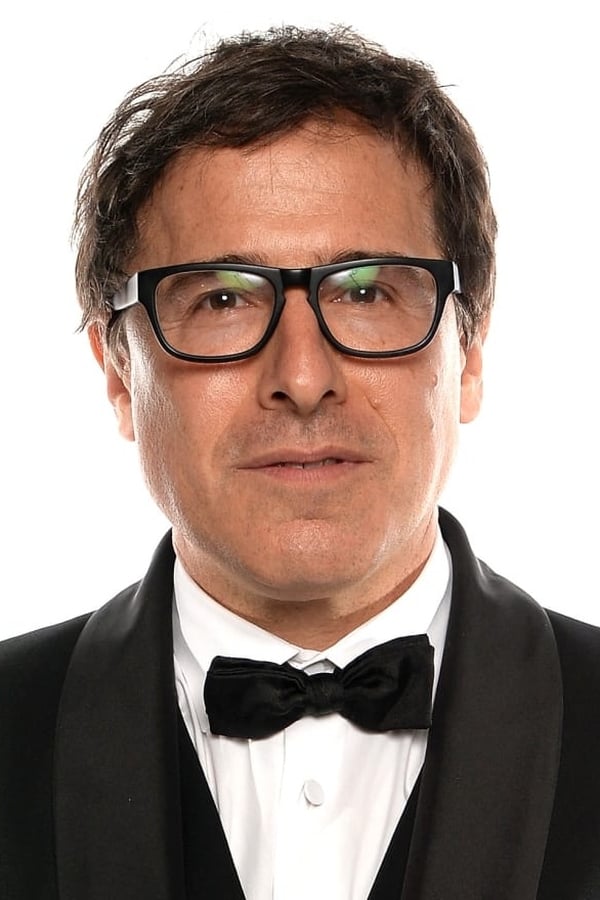
David O. Russell
Director

David O. Russell
Director

Christian Bale
Irving Rosenfeld
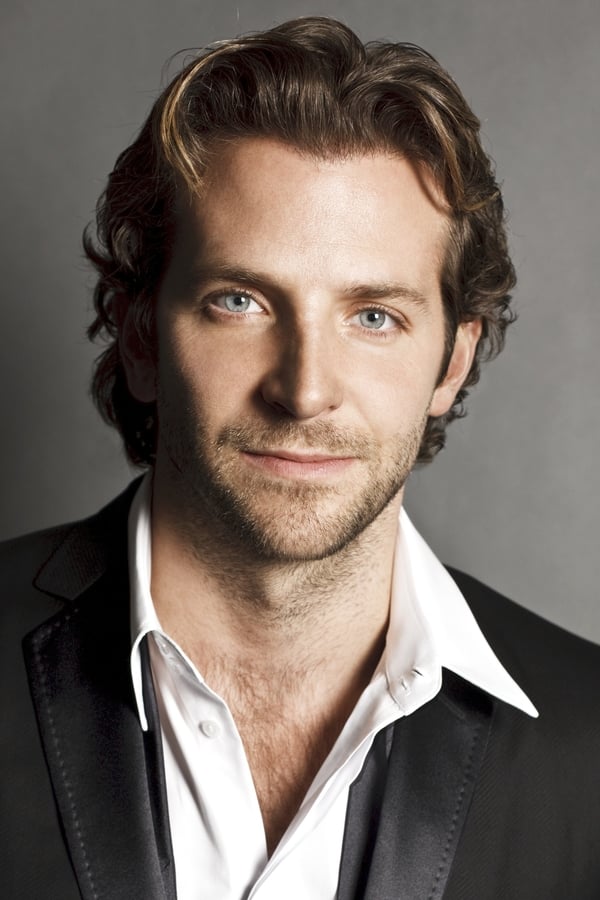
Bradley Cooper
Richie DiMaso
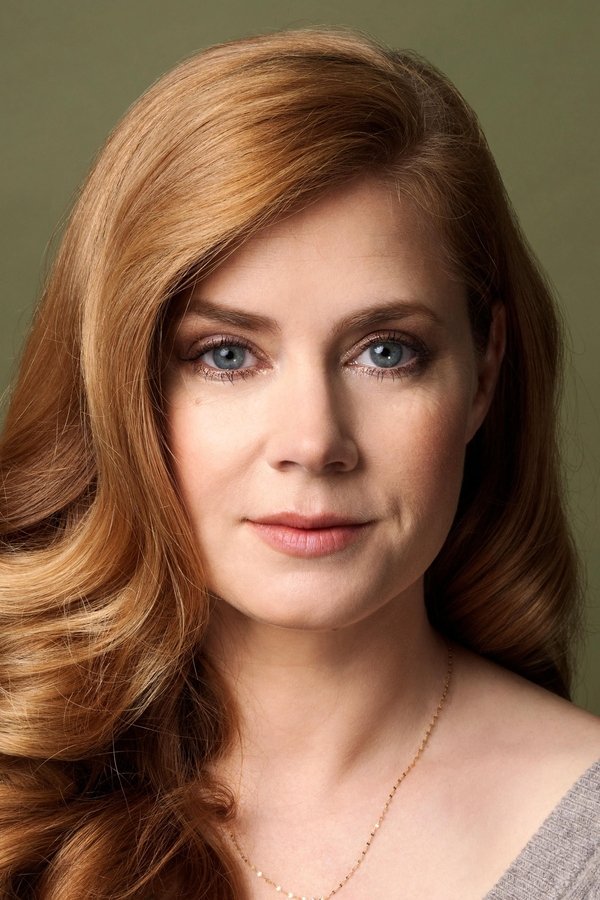
Amy Adams
Sydney Prosser
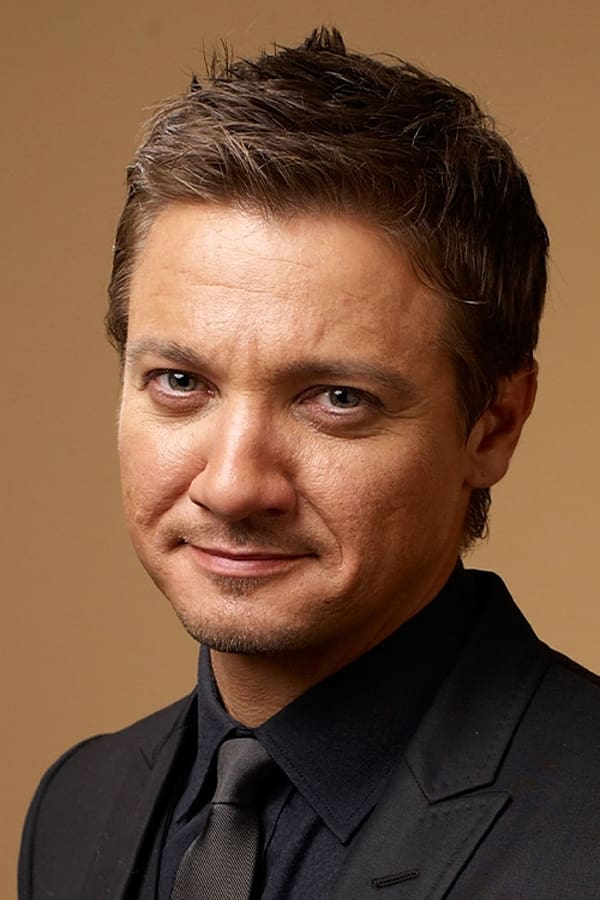
Jeremy Renner
Mayor Carmine Polito

Jennifer Lawrence
Rosalyn Rosenfeld
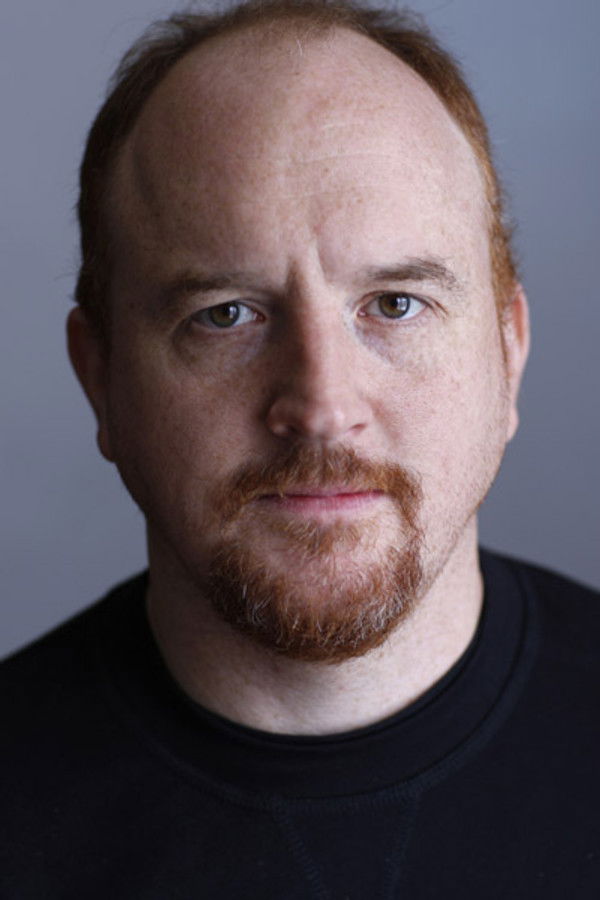
Louis C.K.
Stoddard Thorsen
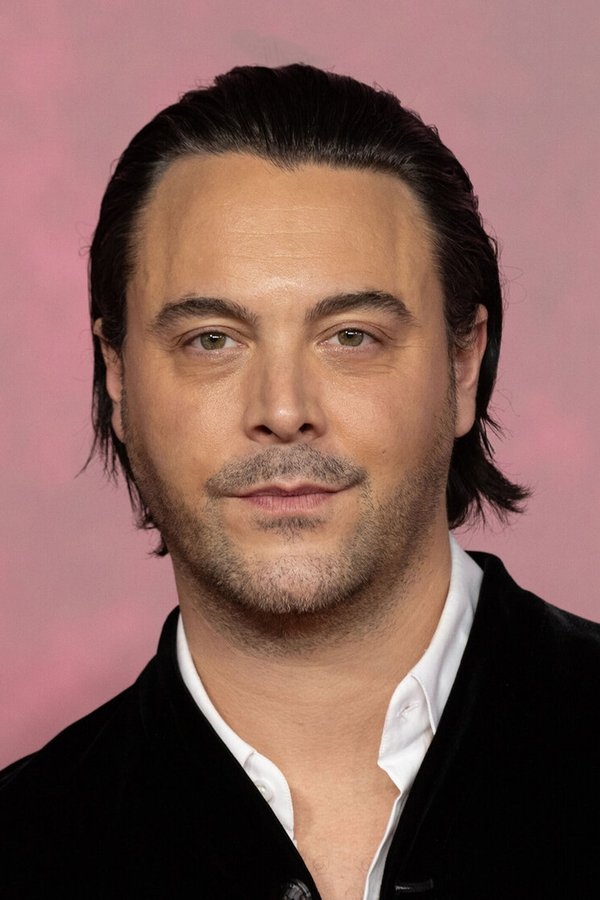
Jack Huston
Pete Musane
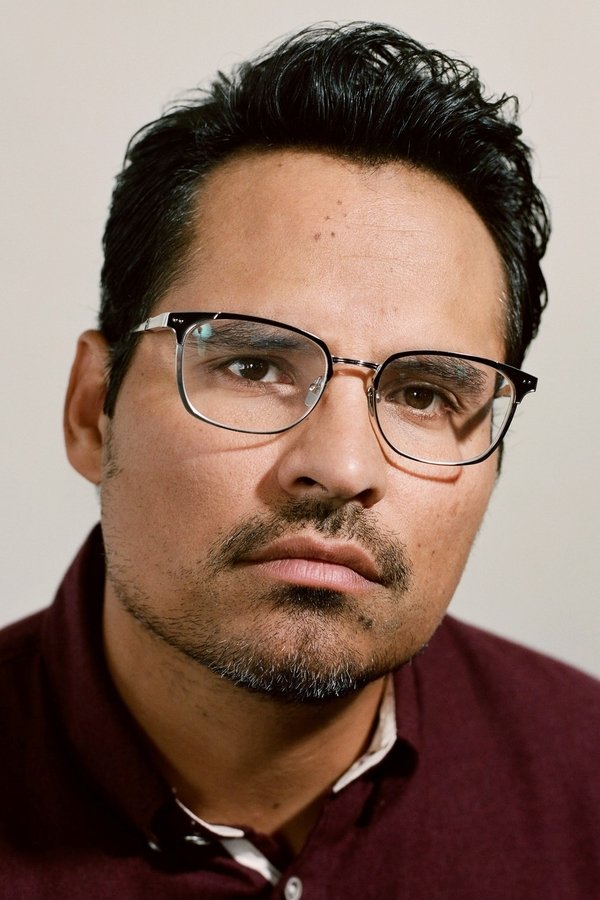
Michael Peña
Paco Hernandez / Sheik Abdullah

Shea Whigham
Carl Elway

Alessandro Nivola
Anthony Amado

Elisabeth Röhm
Dolly Polito
In 'Maestro,' we're left with an impression but not with an understanding of the main character.
Disney has a glaring and, up until recently, unaddressed issue that spans nearly its entire lifetime - an absence of diversity.
The film is trying to revive DC's former glory, it really is, it just doesn't have everything it needs to get there. Luckily, Black Adam isn't as bad as many internet haters want you to think it is.



